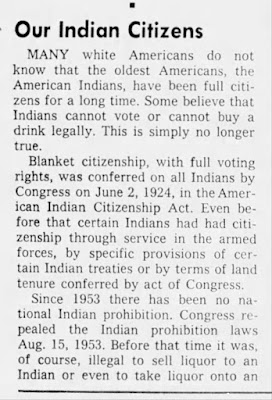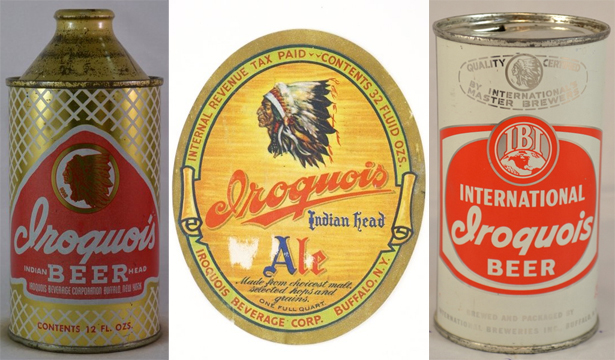1997: "Everybody would understand how insulting it would be to have, say, a Martin Luther King Jr. Dark Ale, or a Golda Meir Stout," said state Rep Andy Dawkins, "But when it comes to Native Americans, somehow it's a different thing."

"There's no question about it that having the Crazy Horse name on a bottle of beer is racist, demeaning and in bad taste," Randall Tigue, attorney for Hornell Brewing Co. of New York. But, the name is also protected by the First Amendment right to free speech, the company argues. They also claimed that it was censorship by the US government, which is unconstitutional. Those who represent Crazy Horse, his legacy and his tribal people charged that the name should be banned because it was a "misappropriation of the name" and that the Sioux leader would not have approved. 1996. June 21 Great Falls Tribune "For years, American Indian activists have struggled with limited success against the use of sports mascots and team names that they find offensive. Beyond team names, there is a growing movement in several states to remove from geographic designations the word squaw...." "But activists concede that progress has been slow on this is




